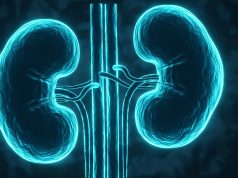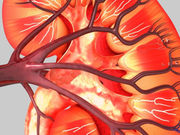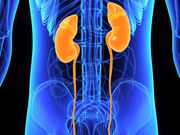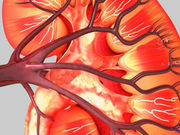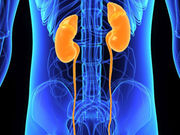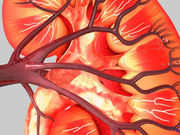Walking Provides Physical, Mental Benefits to Dialysis Patients
Even patients with advanced kidney disease can feel better with 'low-intensity' exercise regimen
November 2016 Briefing – Nephrology
Here are what the editors at HealthDay consider to be the most important developments in Nephrology for November 2016. This roundup includes the latest...
CDC: Fewer U.S. Families Struggling to Pay Medical Bills
More Americans are experiencing relief with medical bills, but gaps remain
Drug Shows Promise in Clear Cell, Papillary Renal Cell Cancer
93 percent had tumor growth controlled for median of more than eight months, researchers report
Renal Outcomes Up With BP <120/70 in T1DM
Blood pressure of <120/70 mm Hg linked to lower risk of chronic kidney disease, macroalbuminuria
Acute Kidney Injury Is Risk Factor for Delirium, Coma
Stage 2 and 3 acute kidney injury linked to increased risk of both delirium, coma in critically ill adults
Rising Rx, ER Prices Pushing U.S. Health Care Spending Up
Prescription drugs are the fastest growing expense, report shows
ASN: Severe Acute Kidney Injury Ups Risk of 28-Day Mortality
Increased use of mechanical ventilation, renal-replacement therapy in children with severe AKI
ASN: Multidisciplinary Care Cost-Effective in CKD
Multidisciplinary care costs $24,613 per quality-adjusted life-year gained compared to usual care
American Society of Nephrology, Nov. 15-20
The Annual Meeting of the American Society of Nephrology, Kidney Week 2016 The annual meeting of the American Society of Nephrology was held...



